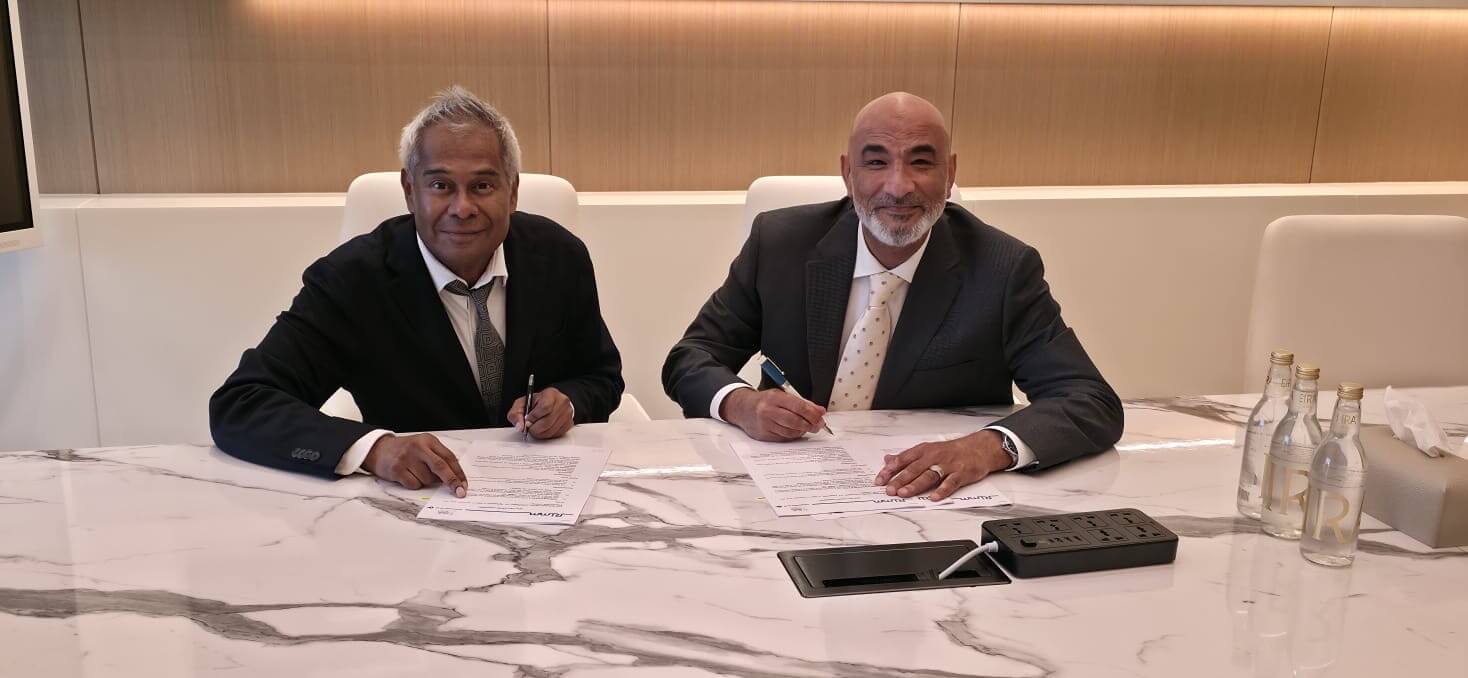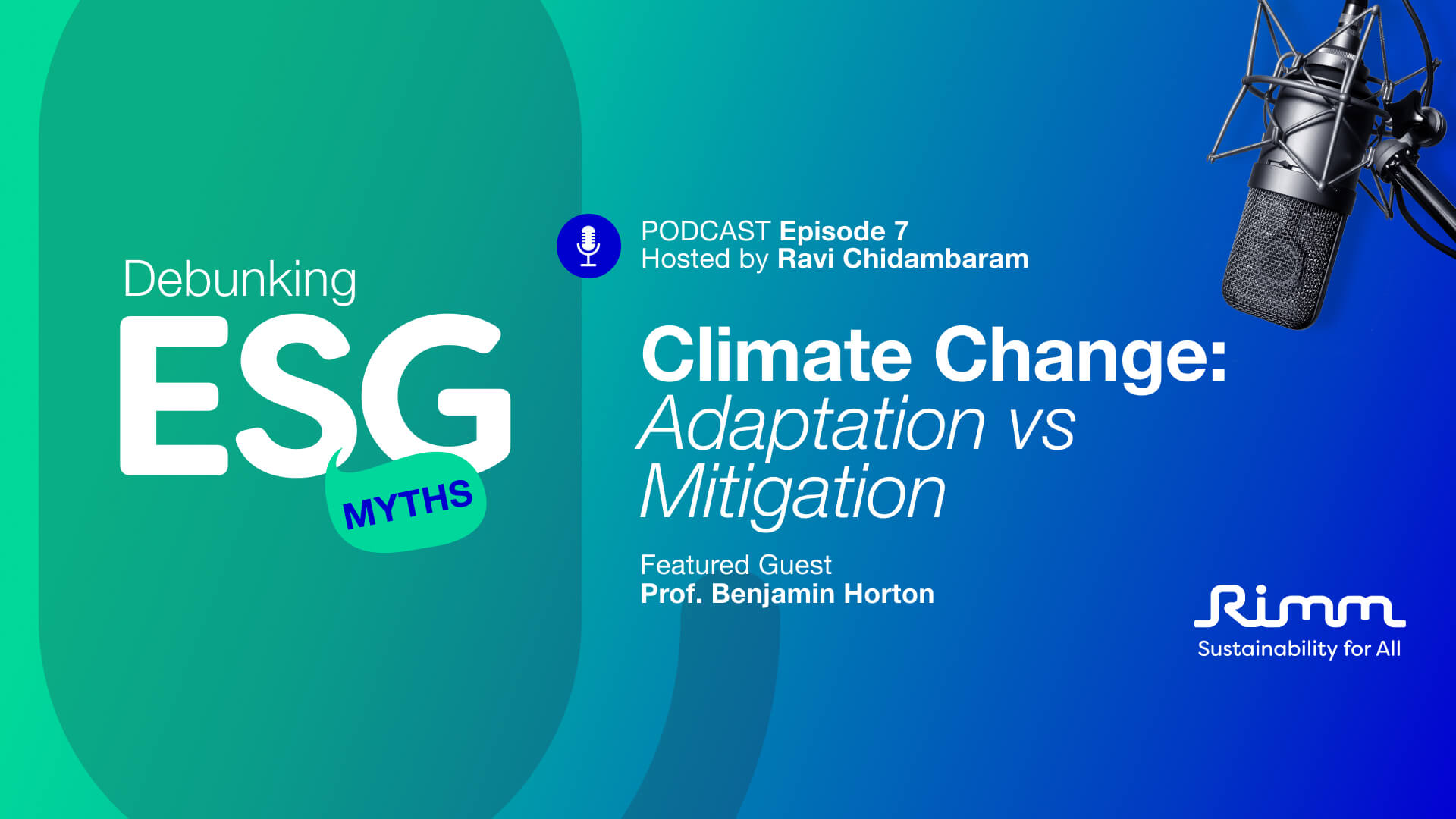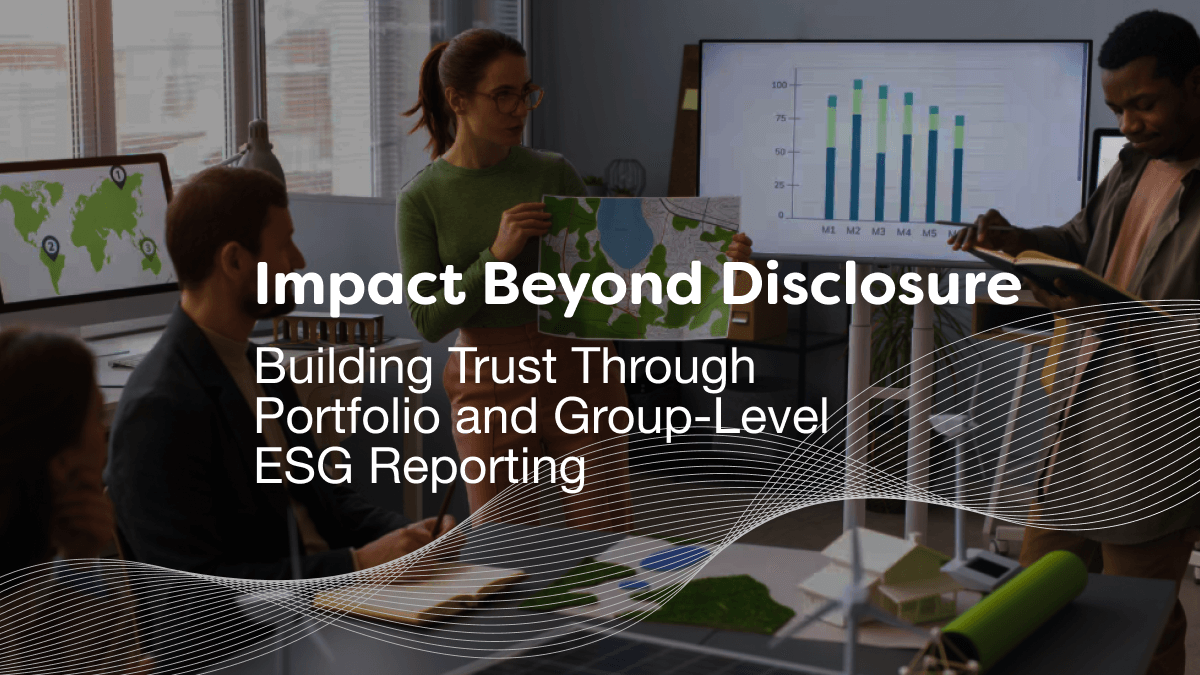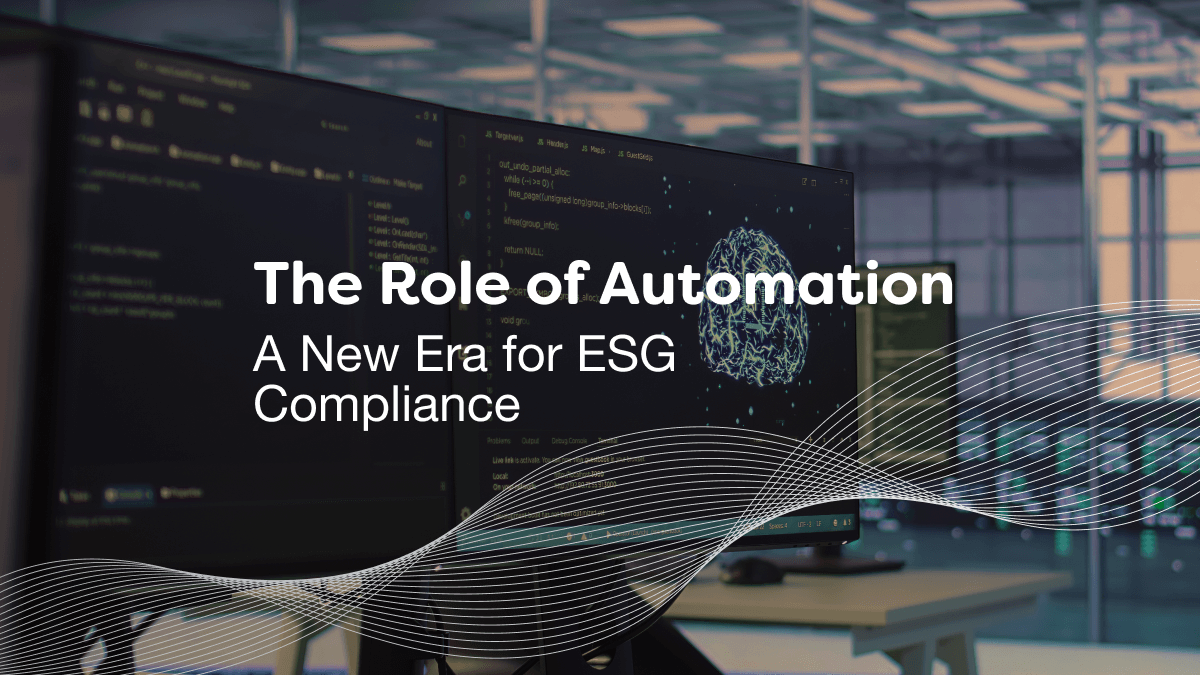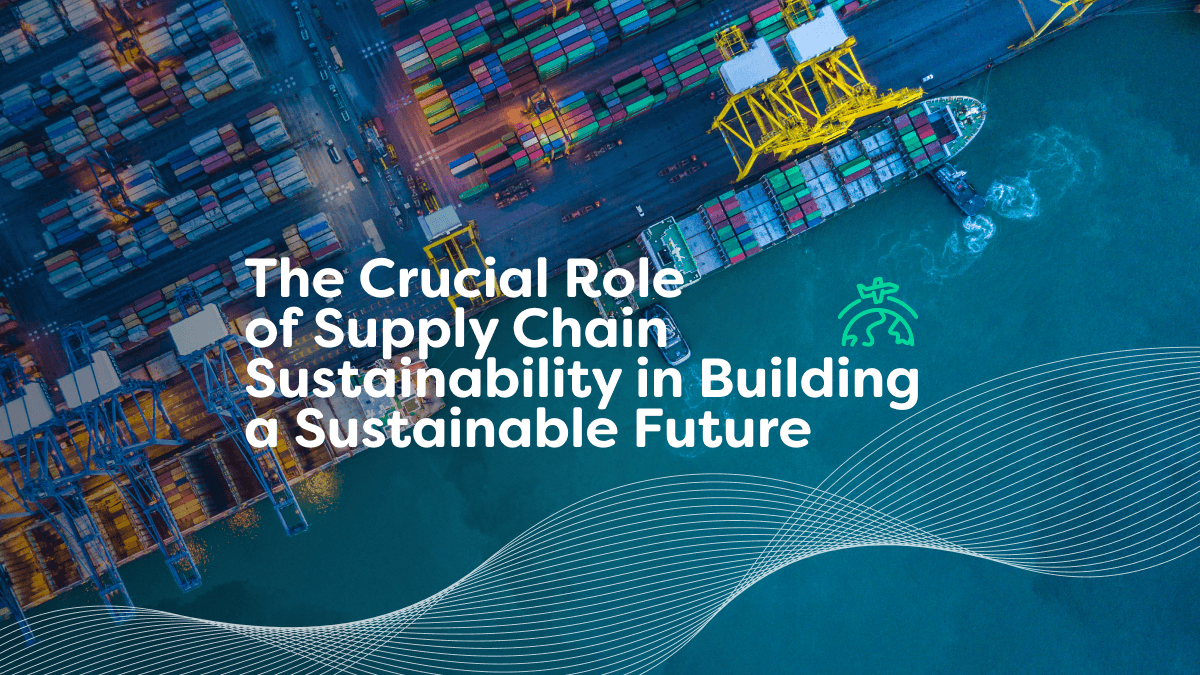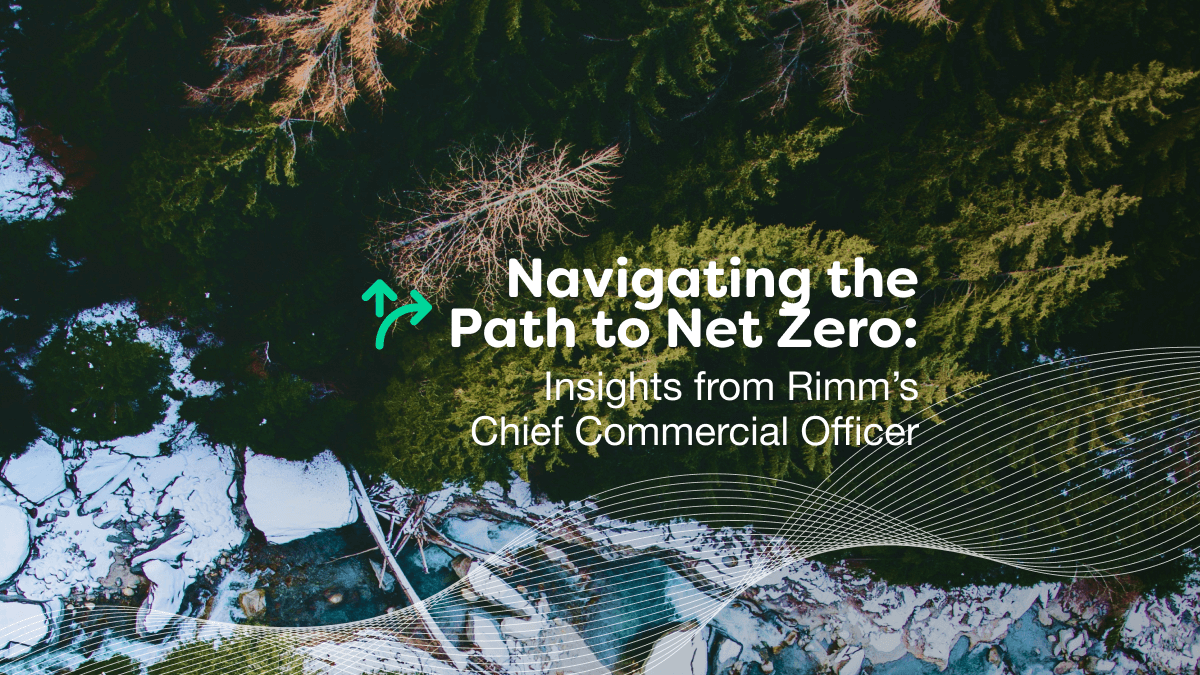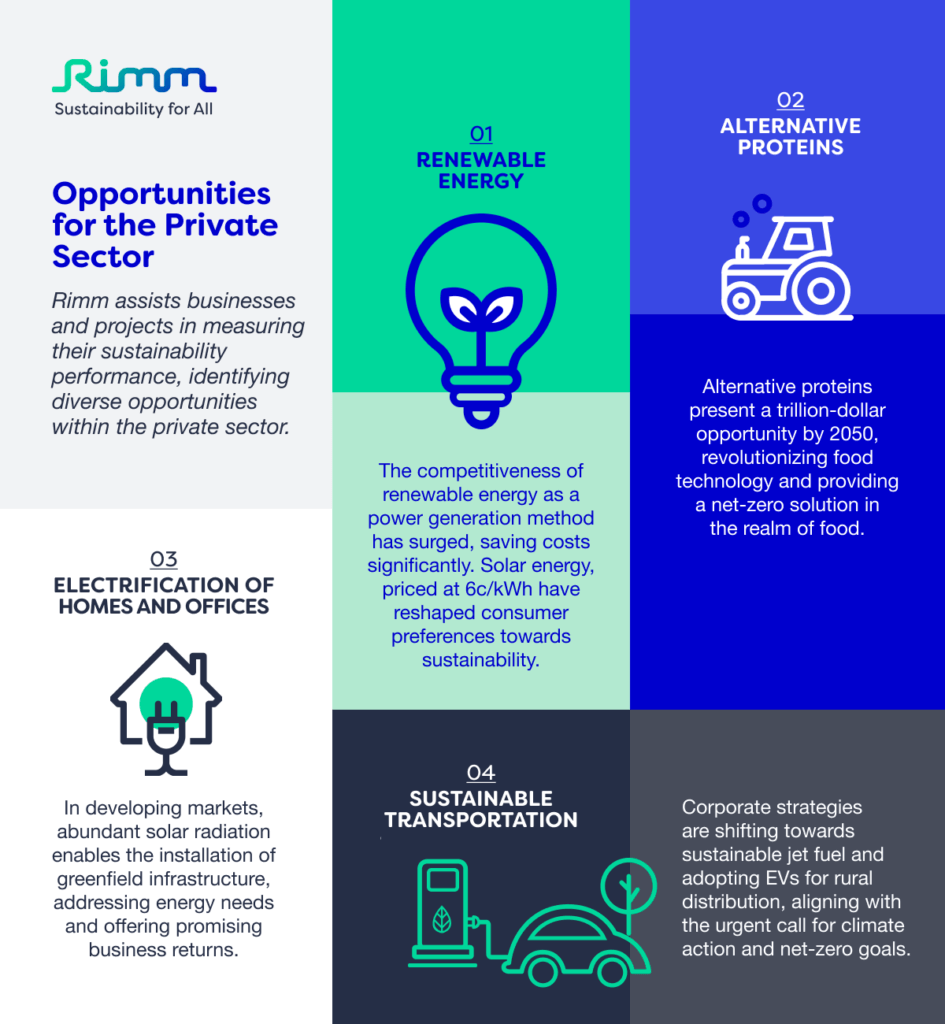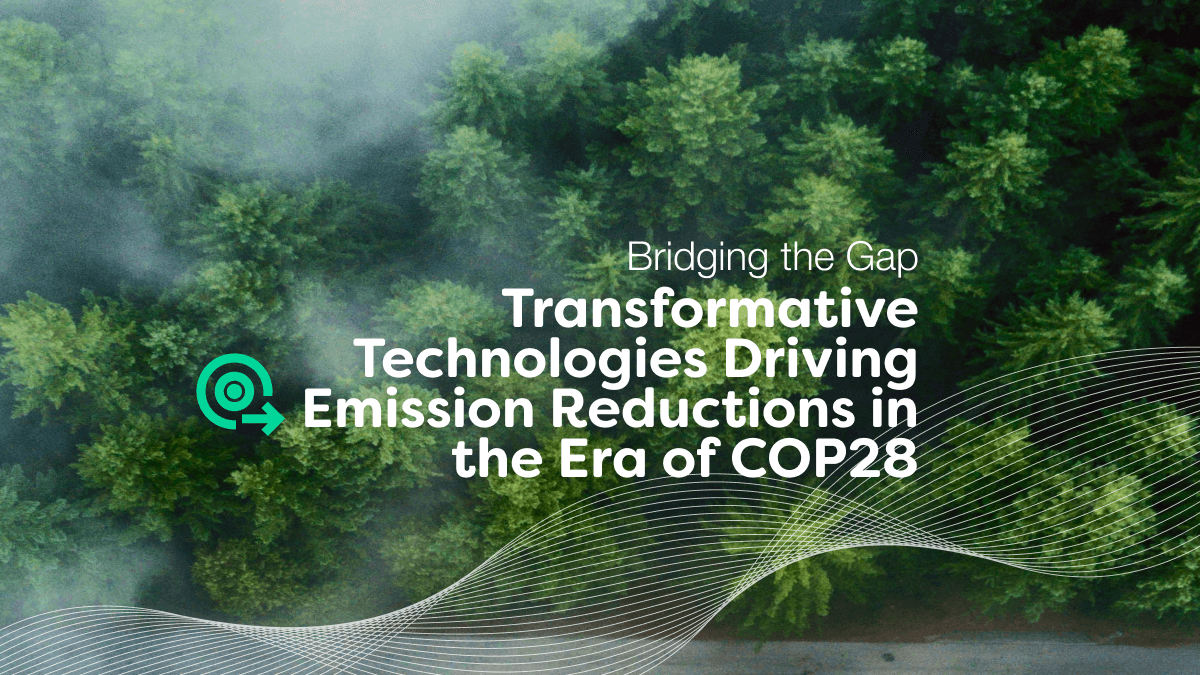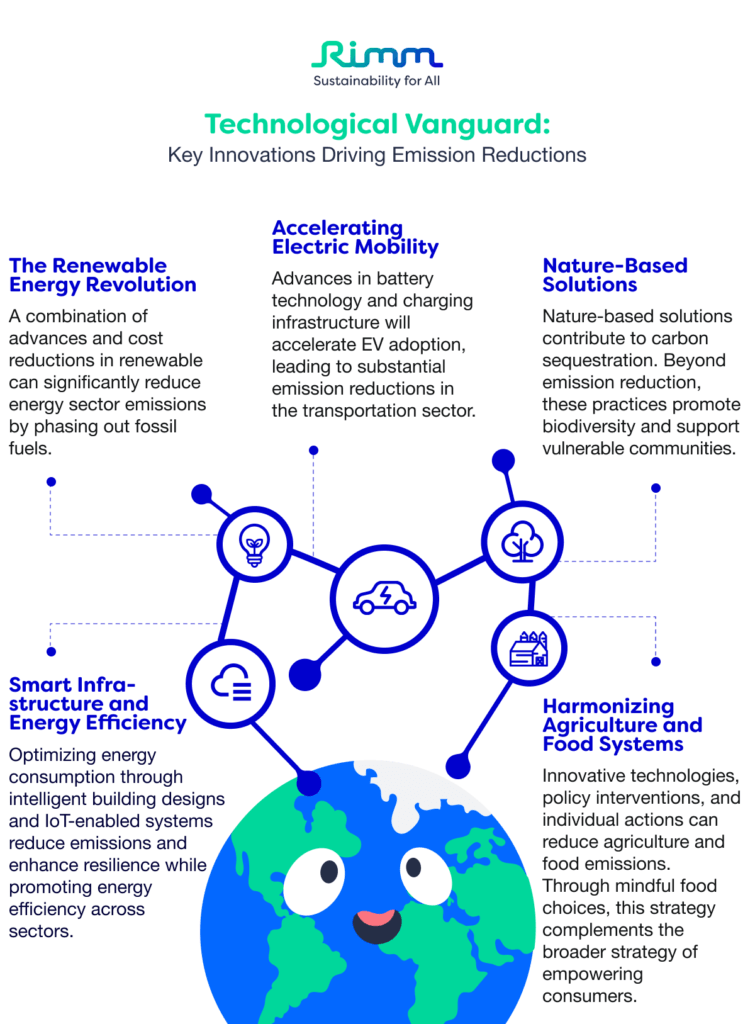Sustainability in supply chains stands out as a beacon of change in business practices at a time when environmental concerns dominate global discourse. Business ethics, eco-consciousness, and responsibility are more than buzzwords; they’re a paradigm shift. Read more about why businesses need to integrate supply chain in their processes below.
Environmental and Social Dimensions of Supply Chain Sustainability
In supply chain sustainability, the entire lifecycle of a product is considered, from conception to disposal. At each stage of production, distribution, and consumption, the environment, social, and economic impacts are considered. The importance of environmental stewardship in the supply chain cannot be overstated. Environmental footprints are increasingly being analyzed by businesses and measures are being taken to reduce them. In order to accomplish this, we must minimize carbon emissions, use renewable energy sources, optimize transport routes, and create eco-friendly packaging.
Furthermore, social responsibility is essential to a sustainable supply chain. Human rights are being respected throughout the supply chain as companies strive to ensure ethical labor practices, fair wages, and safe working conditions for their employees.
Multi-Faceted Advantages of Embracing Supply Chain Sustainability
There are many benefits to adopting supply chain sustainability. Besides reducing pollution and resource depletion, it fosters business innovation and efficiency as well. Through reduced waste and increased operational efficiency, sustainable practices can lead to cost savings. There is a growing conscientiousness and value-driven dynamic among consumers today. Their values align with those of the companies they choose to do business with. Sustainable practices aren’t just moral obligations; they can boost brand reputation, loyalty, and competitiveness. In order to achieve supply chain sustainability, all stakeholders need to work together and commit to it. As part of this process, partnerships are formed with ethical suppliers, local communities are engaged, and environmental regulations are strictly adhered to.
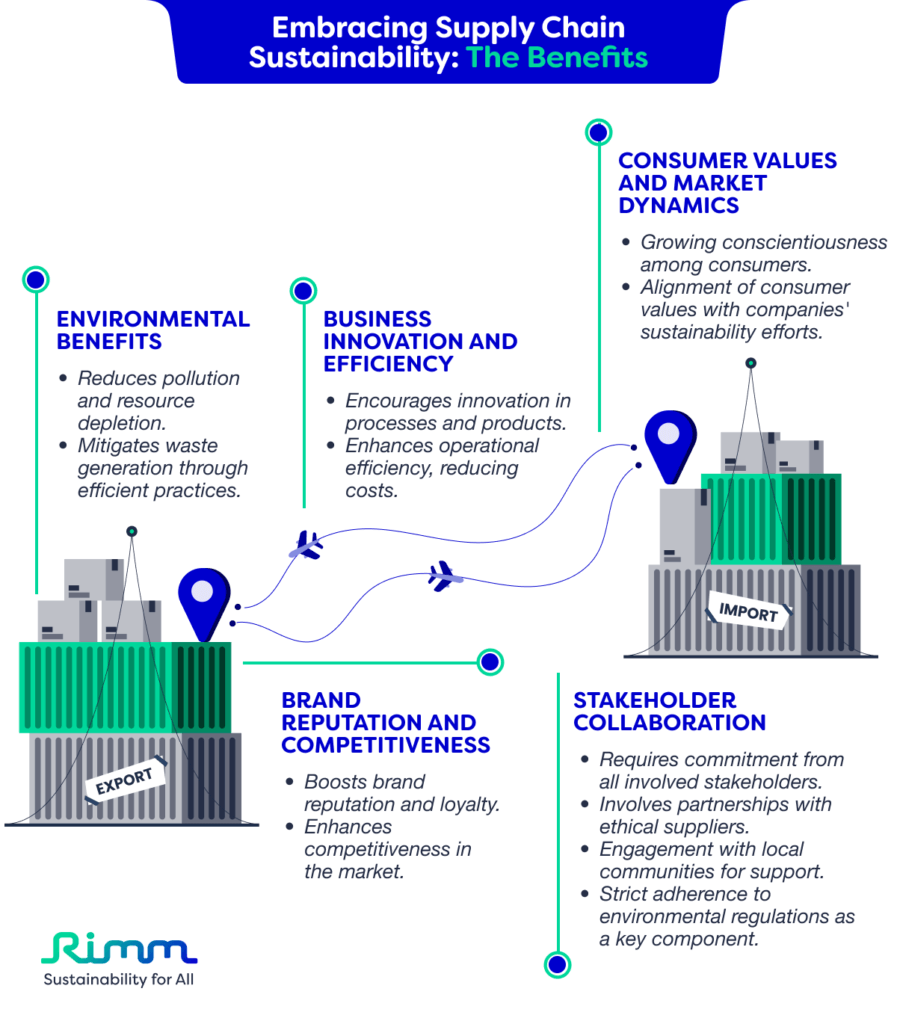
How does Rimm help with Supply Chain Sustainability?
At Rimm, we provide a comprehensive and unified supply chain solution that streamlines supplier engagement to help organizations measure, analyze, and significantly improve their Scope 3 emissions. With our solution, supplier emissions can be significantly reduced, leading to growth for companies.
Ultimately, supply chain sustainability isn’t just an option; it’s a necessity for businesses navigating the challenges of a rapidly changing world. Integrating sustainability into every aspect of the supply chain allows companies to create a world that harmonizes economic growth with environmentally friendly practices and social responsibility.
Simplify Your Sustainability Performance & Tracking With myCSO
✅ Calculate your scope 1, 2 and 3 emissions instantly
✅ Gauge your company’s sustainability performance
✅ View your sustainability performance all from one dashboard
✅ Benchmark against industry peers
Enter your information below to book a demo with our team today.
